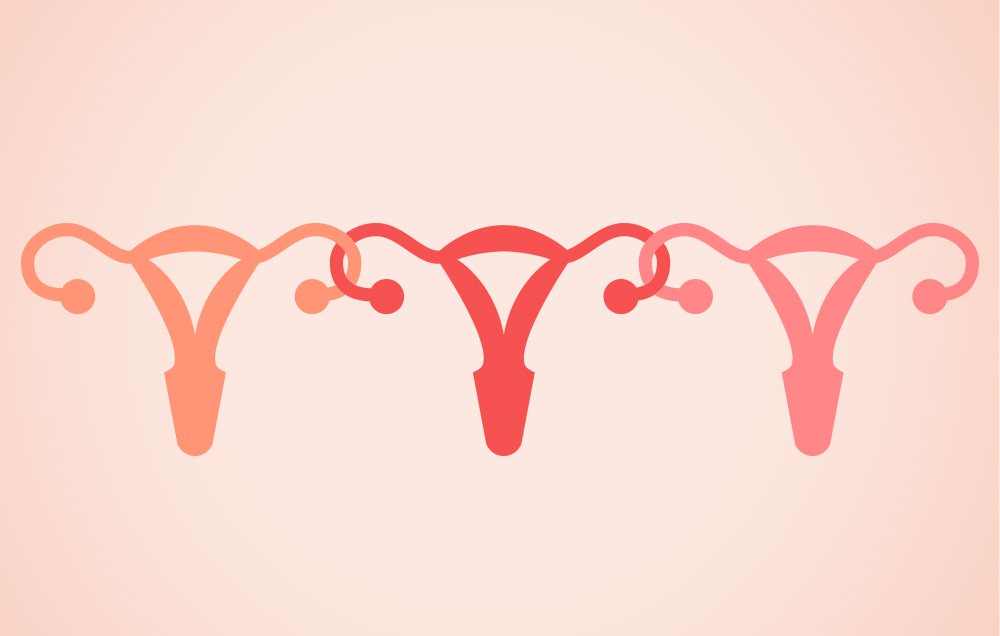Last month, 18-year-old G. Talukdar from Assam met an undeserved end. Killed by a parasite that was in her stomach for two months, her story cannot be forgotten. As posted by Rasmi Das on Youth Ki Awaaz, “The doctors found that a parasite had been scavenging her from the inside […] resulting in severe damage to her intestine. It had happened due to the unhygienic practice of using cloth in place of sanitary napkins during periods.”
This practice of using cloth isn’t just restricted to G. Talukdar alone. A survey by AC Nielsen and Plan International has found that 88% menstruating women in India don’t have access to hygienic sanitary products. They are forced to use sang, ash, leaves, cloth and dry husk. This usage can cause severe infection, and even death. We’ve reached the moon and Mars, but menstruation is still a taboo topic in 21st-century India. But this taboo is costing us big time.
For instance, 23% girls drop out of school in India when they get their period, because of lack of menstrual hygiene products in school. Under the Swachh Bharat Abhiyan, when we think of building toilets, we must also ensure that basic facilities like clean water, handwashing facilities and menstrual care are also taken care of. The government must also make menstrual hygiene awareness and education compulsory in all schools, keeping in mind that boys must be sensitised as well.
Here are a way other ways we can improve menstrual healthcare facilities in India. Talking about issues is a big part of the citizenship movement, after all:
- Conduct community-level workshops to educate young adolescents about menstrual healthcare.
- Conduct short workshops with parents and teachers on progressive ways of talking about menstruation with kids at home and in school.
- Use creative ways of spreading the message ahead – like thought-provoking artwork, poetry, writing campaigns, and videos.
- Urge the government to remove the tax on sanitary napkins under the GST, to increase access to them manifold.
- Spread more awareness about more environment-friendly and cheaper products like menstrual cups and biodegradable pads.
Only when all women in India will have equal access to basic healthcare products, will India be truly on its way to becoming a developed nation. Let’s stop the whispering, and talk about menstruation loud and clear! Remember, there’s nothing taboo about good health.

